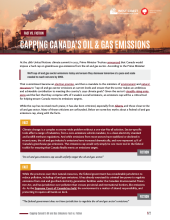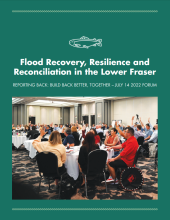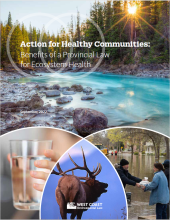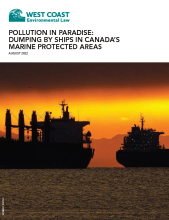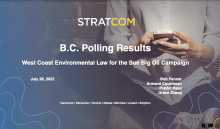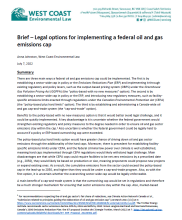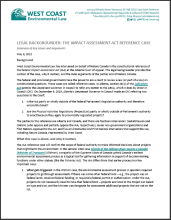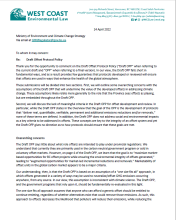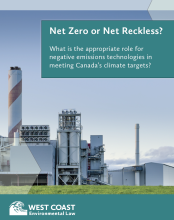Publications
Browse our recent publications, including reports, briefs, submissions to government, and other materials.
Use the search criteria to filter by topic, date, author and/or keywords.
Publication Date: September 2022
Pages: 2
Topics: Climate change, emissions cap, oil and gas emissions
Publication Date: September 2022
Pages: 30
Topics: Flood recovery, climate adaptation, reconciliation
Publication Date: September 2022
Pages: 17
Topics: Biodiversity and Ecosystem Health, Biodiversity Legislation, Local Government
Publication Date: August 2022
Pages: 16
Topics: Marine Protected Areas (MPAs), ocean dumping, vessel pollution
Publication Date: August 2022
Pages: 11
Topics: Sue Big Oil
Publication Date: July 2022
Pages: 7
Topics: Climate change, oil and gas emissions, emissions cap
Publication Date: June 2022
Pages:
Topics: Indigenous Protected and Conserved Areas (“IPCAs”), Indigenous Laws, Indigenous-led Conservation
Publication Date: May 2022
Pages: 4
Topics: Impact Assessment Act
Publication Date: April 2022
Pages: 7
Topics: Carbon Offsets, Climate Change, BC
Publication Date: March 2022
Pages: 61
Topics: Climate Change
